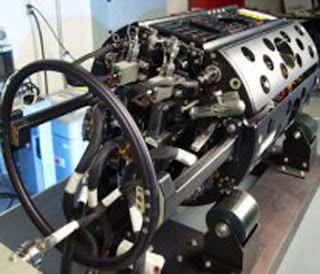Whether free-burning or smoldering, uncontrolled fire can threaten life and destroy property. On Earth, a little water, maybe some chemicals, and the fire is smothered. In space, where there is no up or down, flames behave in unconventional ways. And when your entire world is the size of a five-bedroom home like the International Space Station, putting out even a small fire quickly is a life-and-death matter.
Since March 2009, NASA's Flame Extinguishment Experiment, or FLEX, has conducted more than 200 tests to better understand the fundamentals of flames and how best to suppress fire in space. The investigation is currently ongoing aboard the space station.
"We hope to gain a better knowledge of droplet burning, improved spacecraft fire safety and ideas for more efficient utilization of liquid fuels on earth," Principal Investigator Forman Williams, University of California, San Diego, said. "The experiments will be used to verify numerical models that calculate droplet burning under different conditions."

No comments:
Post a Comment